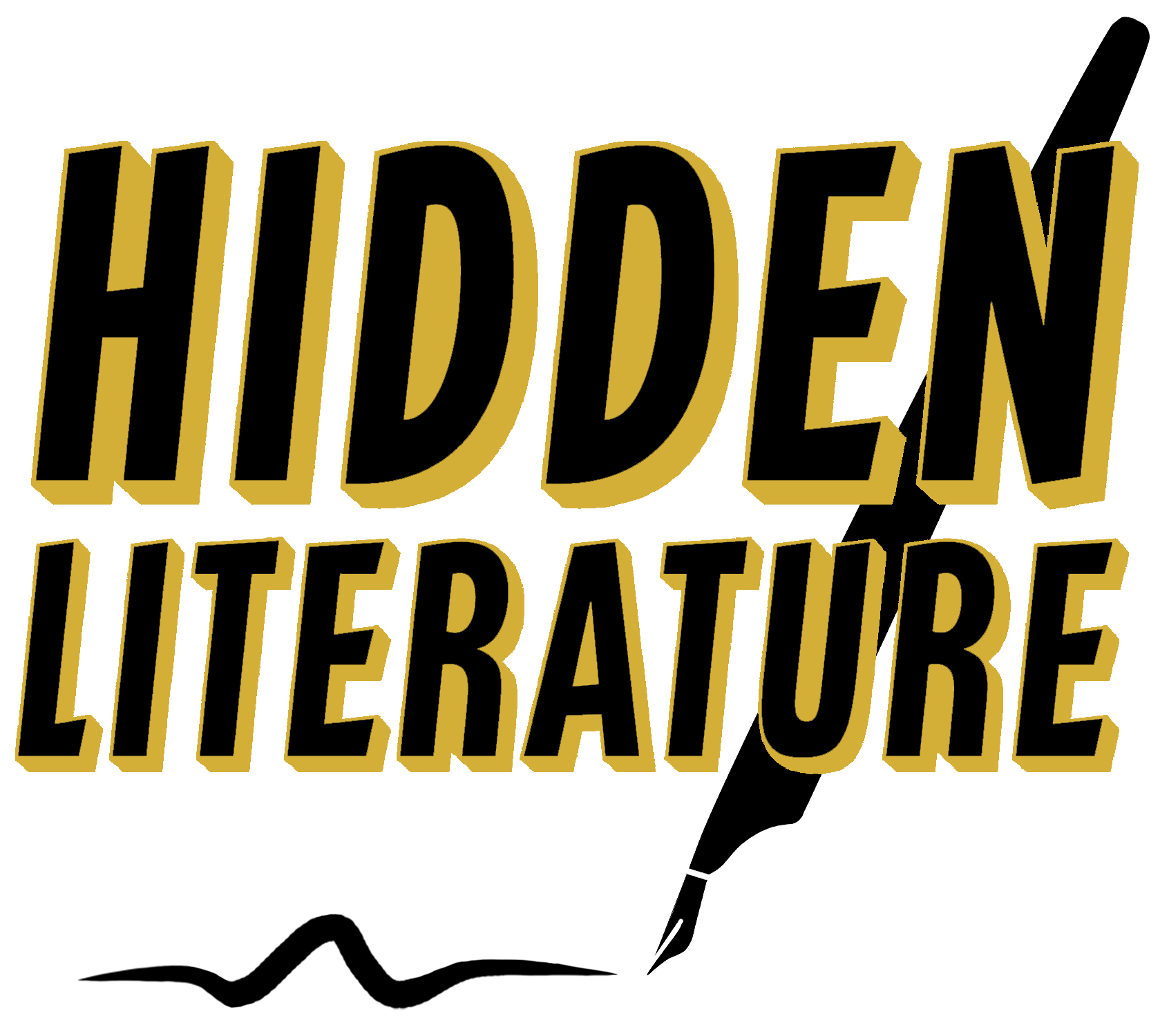An apostrophe poem is a type of poem in which the speaker addresses an absent person, an abstract idea, or a non-human entity, as if they were present and able to hear and respond. The speaker typically uses the second-person point of view and expresses deep emotion or admiration towards the subject of the poem.
The term “apostrophe” comes from the Greek word “apostrophē,” which means “turning away.” In poetry, it refers to the act of turning away from the immediate audience and addressing someone or something else.
Apostrophe poems have been used for centuries to express powerful emotions and to bring life to abstract ideas. They are often used in literature, speeches, and songs to convey a sense of passion and connection with the subject.
One of the most famous examples of an apostrophe poem is William Wordsworth’s “Ode: Intimations of Immortality,” in which the speaker addresses childhood as if it were a person. Another famous example is John Keats’ “Ode to a Nightingale,” in which the speaker addresses a bird.
Apostrophe poems can be powerful and moving, as they allow the speaker to express their emotions and feelings in a unique and personal way. They can also be used to evoke a sense of nostalgia or longing for something that is no longer present.
In modern times, apostrophe poems are often used in spoken word poetry and slam poetry, where the poet may address a societal issue or personal struggle in an emotional and impactful way.
Overall, apostrophe poetry is a unique and powerful form of poetry that allows the speaker to connect with an absent person or idea, and to express their emotions in a deeply personal and meaningful way.
History of the use of apostrophe in poetry
The use of apostrophe in poetry dates back to ancient Greece, where poets such as Homer and Sappho employed this literary device to address absent or imaginary beings. The term “apostrophe” was first used to describe this technique in the 16th century by the French scholar, Julius Caesar Scaliger.
During the Renaissance period, the use of apostrophe in poetry became more prevalent, particularly in the works of poets such as William Shakespeare and John Donne. Shakespeare’s sonnets, in particular, frequently use apostrophe to address love, time, and beauty as if they were living beings.
In the 18th and 19th centuries, the use of apostrophe continued to be popular among Romantic poets such as William Wordsworth and Samuel Taylor Coleridge, who used it to express their emotions and connect with the natural world. Wordsworth’s “Ode: Intimations of Immortality” and Coleridge’s “Kubla Khan” are both examples of apostrophe poems from this period.
Apostrophe continued to be used in poetry throughout the 20th century, with poets such as T.S. Eliot and Sylvia Plath using it to express complex emotions and ideas. In the mid-20th century, the rise of spoken word poetry and slam poetry brought a renewed interest in apostrophe, as poets used it to address social and political issues in a powerful and emotional way.
Today, apostrophe remains a popular literary device in poetry and other forms of creative writing. It allows the writer to address a subject in a personal and emotional way, evoking a sense of intimacy and connection with the reader. Apostrophe can be used to address anything from abstract concepts like love and time to everyday objects and natural phenomena, making it a versatile and widely used technique in poetry.
Examples of apostrophe in poetry
Here are two original poems with the use of apostrophe:
Example 1
Oh, loneliness, my constant companion,
Why must you always be by my side?
You cling to me like a heavy burden,
And I cannot shake you no matter how hard I’ve tried.
Oh, how you weigh down on my soul,
A constant reminder of what I lack,
And yet, in your darkness, I find a hole,
A space where I can safely fall back.
Oh, loneliness, I know you mean well,
You keep me company in my darkest hours,
And though at times you feel like hell,
You remind me of my own power.
So, here’s to you, my dear loneliness,
I will embrace you for what you are,
For without you, I would be left to guess,
And never truly know my own heart.
Example 2
Oh, coffee, my dear addiction,
How you call to me with your sweet aroma,
Your warmth in my hands, a welcome affliction,
As I take a sip, my senses in a coma.
Oh, how you wake me up from my slumber,
A jolt to my system, a burst of energy,
You make me feel alive, my heart a thunder,
As I sip you slowly, savoring your chemistry.
Oh, coffee, you are my loyal companion,
Through thick and thin, you’re always there,
A constant source of comfort, my salvation,
As I sit and ponder, lost in thought, in despair.
So here’s to you, my dear coffee,
A love affair that will never end,
For you are the one that sets me free,
My faithful lover, my eternal friend.
If you are interested in attending our poetry workshops or events see our Events Diary here or contact us via email at hello@hiddenliterature.com.
Stay connected with us on social media.
